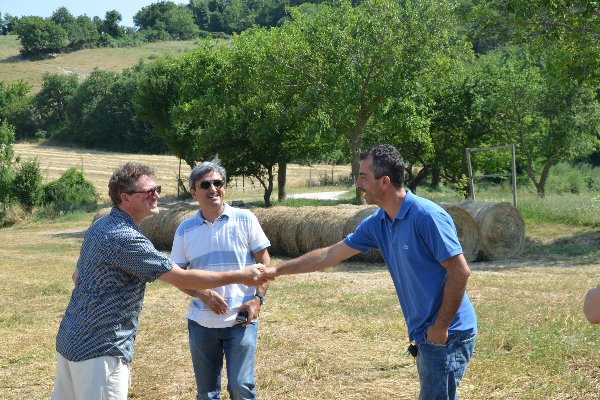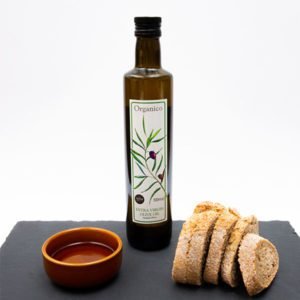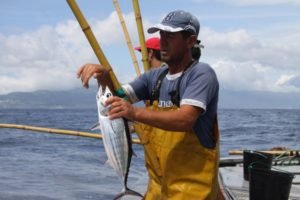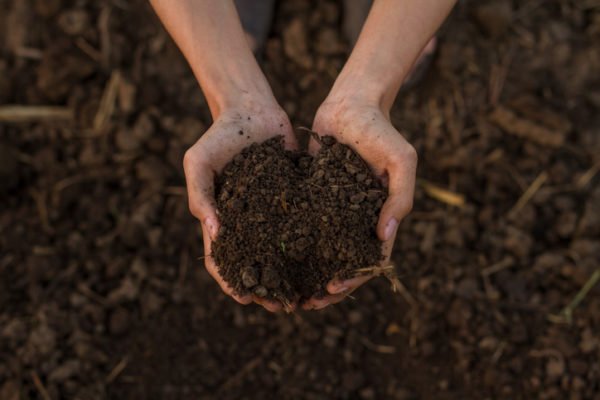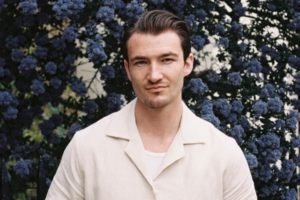The footprint of food
While there is much talk of air miles in the food sector, Charles feels this emphasis ‘just muddles things up’ because transport only accounts for around 10% of a product’s total footprint.
A quarter of the world’s total emissions are from agriculture, forestry and food – and 80% of global agricultural emissions are from beef, lamb, dairy and rice. At the same time, globally 40% of carbon is captured in the land.
‘Basically even the wasteful agricultural systems we have now with masses of food waste, trillions of hidden subsidies, poor diets, degraded land and polluted waters – could continue if we just solved the problem of being powered by fossil fuels’, Charles says.
Yet a growing population will require more food, so Charles advocates a general move to a much more plant-based diet.
‘I don’t think we should dump meat all together,’ he says; ‘I think animal husbandry forms an integral part of proper and regenerative agricultural systems. But I do think we need to cut down: so better – organic – meat, less often. It’s worth noting that a diet of wild fish, eggs and vegetables is almost the same in theoretical CO2 saved as the vegan diet.’
‘Beyond organic’
In organic production you can’t take shortcuts – additives, bulking agents and artificial ingredients are not permitted, meaning ‘you can’t cheat or cheapen’, as Charles puts it. ‘Organic is a legally imposed and agreed definition’, he explains. ‘it has validity, it is enforced, it has meaning – it’s literally a standard.’
Organico operates in a way Charles has described as ‘beyond organic’: the company applies a ‘grower-maker’ mentality to the way it sources food, which means it actively seeks people who grow and also package their own products.
One example is that Organico pasta is made from wheat grown, milled and then turned into pasta by a pioneer co-operative in the Marche region of Italy that was founded 40 years ago. It has saved rural livelihoods for many farmers and families.
‘Like all the other companies, we know where to find cheaper pasta’, Charles says, but an Organico product hasn’t been chosen because it was cheap – it has been chosen because it’s the best we could find.’
When speaking of the best Charles isn’t just referring to the product quality; his approach to sourcing entails finding growers who really know the plants or grains they farm and have excellent ethics and a good set of social values.
As pioneers in ecological farming they go beyond the already demanding standard of organic and are committed to the local community, landscape and biodiversity. They were implementing the concepts of regenerative farming long before it was a thing.
The approach is also intrinsically fair trade; the focus on co-operatives and family businesses supports democratic and participatory economics; farmers work alongside employees, not long distance investors. ‘This approach has helped a lot with supply consistency during Covid and now with the huge upset the war in Ukraine has caused to the food supply chain’, Charles tells us.
Doing the right thing
Charles confesses to being ‘militant about organic’; he sees the support for organic values from independent experts – involved in UNEP, the FAO and even the Project Drawdown climate initiative – and wants organic to be valued in the same way at the government level – which in the UK, he says, ‘it absolutely isn’t’.
‘The degree of subsidy and advantage given to junk foods and hyper-processed foods in our industrial food system is abhorrent and government seems almost powerless to stop it’, he says. ‘The food industry is not far off tobacco or fossil fuels in terms of the damage it has done and still does; the fact the public sector picks this damage up in so many different ways points to a real weakness in the economic system we live under.’
For Charles one way to start to fix the problem would be to heavily subsidise and promote good, organic, fresh, basic ingredients.
Last year’s Scientific Group of the UN Food Systems Summit concluded that the inefficiencies and environmental, health and social costs of the global food system are $11.9 trillion, compared with that same food system’s estimated market value of $10 trillion.
‘That’s a stark reminder that it isn’t organic food that is expensive’, says Charles – it’s the policies that support the agro-industrial and GM-GE food systems.’
 Play Video about This Rock Might Just Save The World
Play Video about This Rock Might Just Save The World Play Video about Play 2 hours of rock
Play Video about Play 2 hours of rock Play Video about Play 2 hours of brook
Play Video about Play 2 hours of brook Play Video about Play 2 hours of sheep
Play Video about Play 2 hours of sheep

















